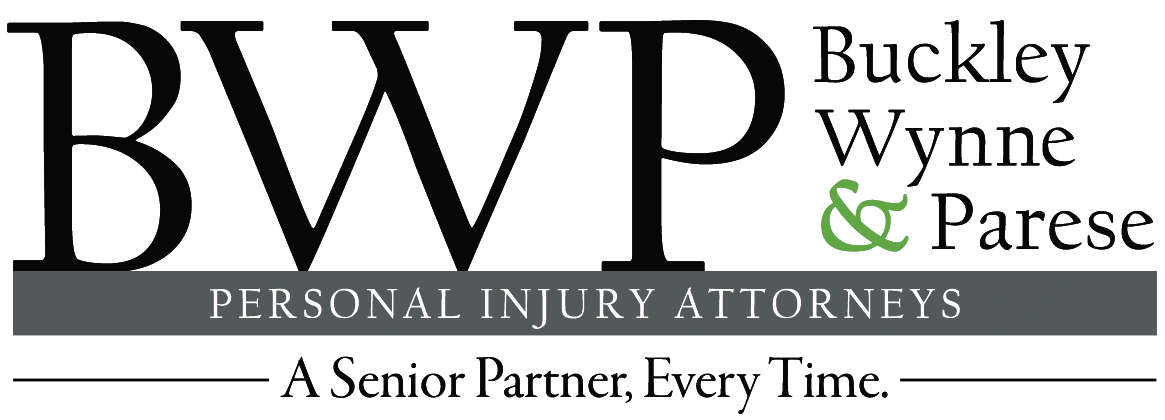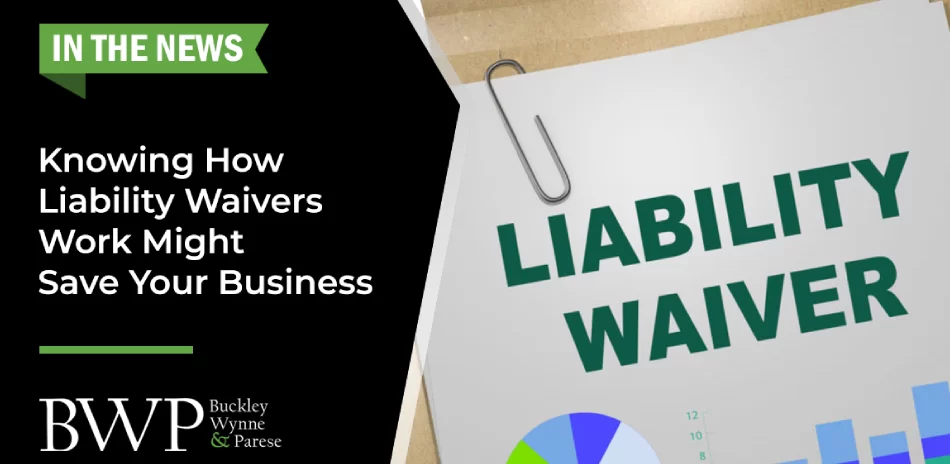Knowing how liability waivers work might save your business
Just about every business selling a service that involves even slight potential risk of patron injury uses a liability waiver. They alert participants to risks inherent in the activity, help to protect the host from being sued, and provide exculpatory evidence in the event of a lawsuit.
Liability waivers generally include broad language releasing from liability virtually everyone associated with the business from essentially anything that could go wrong. They also usually include broadly worded covenants not to sue along with indemnification provisions (requiring participants to pay for any losses that may befall the business). Some waivers even include protections from misconduct arising from a business’ own negligence.
If you are a business owner, this all sounds pretty good.
But do these fancy, all-encompassing waivers actually make businesses as bulletproof as they purport? Not really. While waivers are important, they do not insulate against all claims or give businesses license to haphazardly operate. With or without a waiver, businesses still must act with reasonable care.
Nevertheless, there are several reasons to use a waiver. Waivers establish and/or enhances transparency by alerting patrons that they are about to embark on a potentially dangerous endeavor. By calling attention to risks, waivers give participants an opportunity to make an informed decision to participate — or not. In the event of a claim, the waiver also can serve as an important defense, establishing that the patron knew what he or she was getting into and knowingly, and voluntarily, accepted the risk.
At the same time, courts carefully scrutinize waivers to determine whether the terms are unambiguous and understandable to a reasonable consumer.
Further, protections set forth in a waiver only will be enforced to the extent they do not violate public policy (i.e., the public’s interest or established law). A waiver may be held to violate public policy if the activity in question is one that a consumer would expect to do safely — attending a gym or amusement park, for example. Our legal system expects businesses to maintain their premises and equipment with reasonable care to avoid injuries, regardless of whatever language to the contrary may be in one’s waiver.
Several years ago, an individual was seriously injured while snow-tubing at a facility in Connecticut. The business sought to dismiss the lawsuit on the grounds that the individual signed a waiver of all claims including those due to the facility’s own negligence. This was a big deal because if a business could insulate itself from its own negligence, that would turn the tort law system on its head.
The Connecticut Supreme Court ultimately resolved that this was a bridge too far, holding that an exculpatory agreement attempting to release the snow-tube operator from prospective liability for personal injuries sustained as a result of the operator’s negligent conduct violates public policy. The court went on to reason that “[v]oluntary recreational activities, such as snowtubing, skiing, basketball, soccer, football, racquetball, karate, ice skating, swimming, volleyball or yoga, are pursued by the vast majority of the population and constitute an important and healthy part of everyday life.”
Thus, while well drafted waiver, release and hold harmless agreements can and should be used to help minimize legal exposure, they are not as infallible as their terms might suggest.
The best protection for a business, of course, is to minimize risk in the first place — installing proper safety equipment and monitoring to make sure patrons properly use equipment and the facility.
Attorney John M. Parese is a partner at the New Haven-based firm of Buckley Wynne & Parese. He can be reached at 203-776-2278 or [email protected].
This article was featured in the following news publications:

Serving All of Connecticut
Free Evaluation 24/7
We understand the stress of dealing with an injury. Our team is here to provide compassionate support and effective legal representation, statewide.

